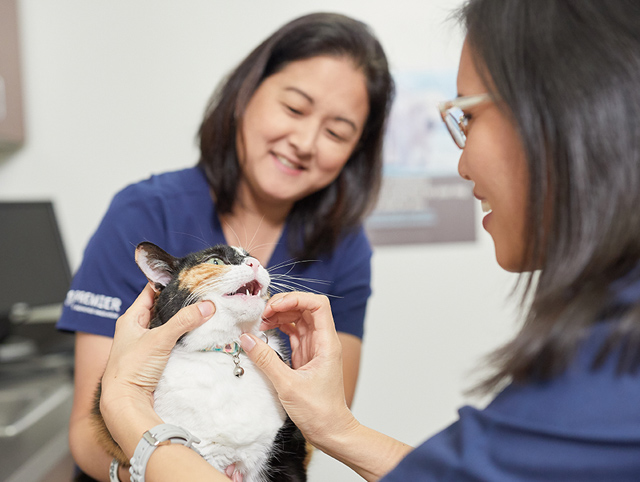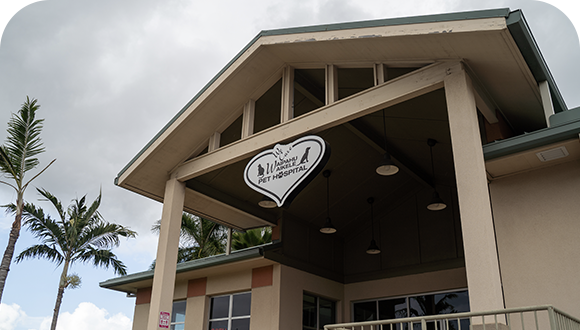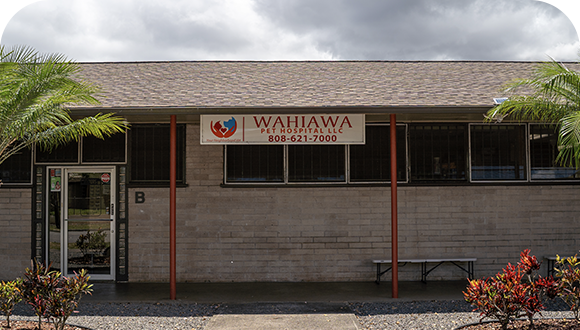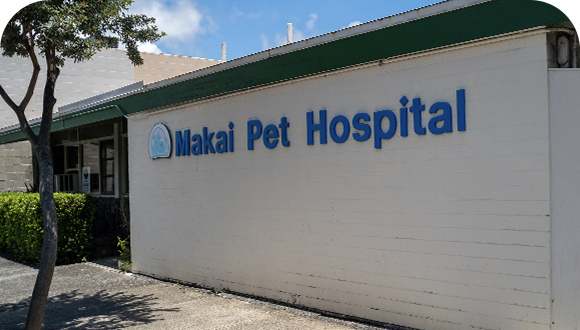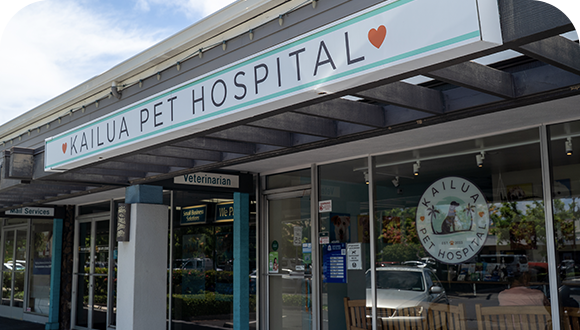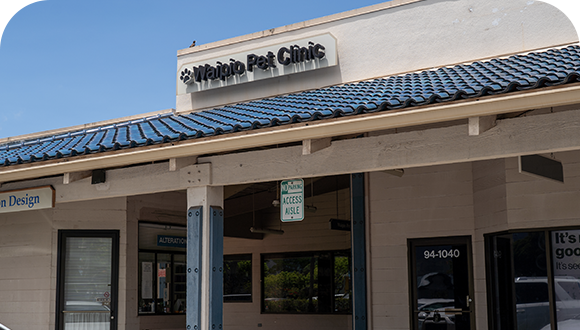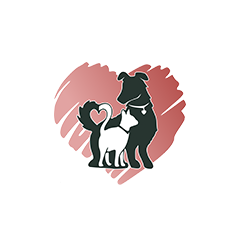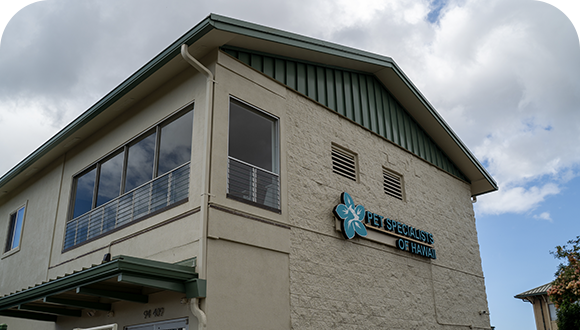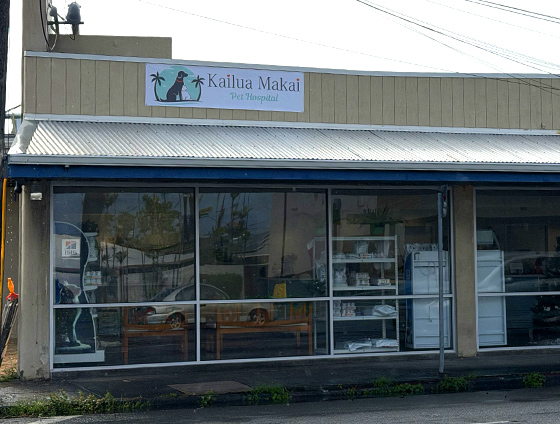
Just as humans sometimes require surgery to diagnose or address a health condition, pets also undergo surgery. Endoscopy and laparoscopy allow veterinarians to evaluate your pet's organs, such as the urinary system, intestines, stomach, lungs, and nasal cavity. Pet Hospitals of Hawaii offer both options to keep your pet in optimum health and address medical issues. So you feel comfortable with the procedures, let us educate you on these minimally invasive strategies.
What Do an Endoscopy & Laparoscopy Involve?
Before the procedure, we sedate your pet with general anesthesia, which keeps them safe and comfortable. We recommend fasting for patients undergoing surgery, for their safety while under anesthesia and so the procedure can yield more favorable results. How long your pet must fast vary, but we make sure to thoroughly discuss the length and process with you so you know what to expect. Usually, pets must fast for at least 12 hours, and your veterinarian can review which medicines you should or should not give your pet before an endoscopy.
Must Pets Remain in a Hospital for an Endoscopy or Laparoscopy?
You can admit your pet to the hospital the same day as the surgery, and you can pick your pet up later the same day. During an endoscopy of the lower gastrointestinal tract or a similar procedure, your pet may need to remain in the hospital overnight while we prepare the surgical site. High-risk pets and those already in the hospital at the time of the surgery may have to remain in our care longer for their safety.
What Happens After the Procedure?
Usually, pets make a full and fast recovery from anesthesia. In the meantime, we will contact you once we have the results back from the endoscopy or laparoscopy, so you know whether your pet needs further treatment or a follow-up visit.
Are There Risks with Endoscopy & Laparoscopy?
An endoscopic procedure is often safe. Still, complications may arise from tears in the organ or anesthesia. The surgeon may have trouble navigating around a swallowed object depending on its shape and size, which may also pose a risk. Other factors that determine a pet's risk include disease prognosis, overall health, and changes in blood work. We bring up all potential hazards with you before the surgery.
When Do Vets Recommend an Endoscopy?
Some symptoms often require medical intervention to treat or diagnose an underlying condition:
• Diarrhea
• Difficulty swallowing
• Blood in the stool or mucus
• Regurgitation
• Vomiting
• Excessive salivating
• Tarry, dark stools
• Weight loss
• Anorexia
If a vet requires a biopsy of the intestines, stomach, colon, or esophagus, she or he may recommend an endoscopy. Medical professionals also use the procedure to remove foreign objects and place feeding tubes.
What Are the Benefits of Endoscopy & Laparoscopy?
Because the incisions involved with laparoscopic and endoscopic procedures are small and few, animals experience less pain and reduced possibility of scarring compared to other options. Because animals experience less pain, they may not have to take as much pain medication as they may after traditional surgery. Further, the two surgeries result in less blood loss and can speed up healing time.
When used for imaging, laparoscopic, and endoscopic procedures provide high-quality images that give medical professionals deeper insights about which areas of the body require the most attention. Say that your pet does not display common symptoms associated with a disease. Endoscopic and laparoscopic surgeries can reveal harmful ailments. The procedures also reduce the risk of infection.
Contact Us Today
If you have questions about procedure options for your pet, our knowledgeable representatives are here. Contact us for more information or to schedule an appointment today.


